
Going on that dream vacation without minding the risks to safety is like diving into unknown waters: you either come back with a great story or never come back at all. While most travelers avoid obvious conflict zones, various hotspots where lots of people like to relax hide risks that just might turn such a vacation into a nightmare. According to the latest data from the US State Department, Global Peace Index, and International SOS, even picture-postcard destinations hold serious threats.
Knowing which countries are high-risk-and just as important, where to go instead-makes all the difference between a trip full of wonder and one marred by danger. From political unrest and violent crime to the fury of nature, here’s a closer look at nine places you may want to think twice about in 2025, along with some alternative destinations that promise unforgettable experiences.
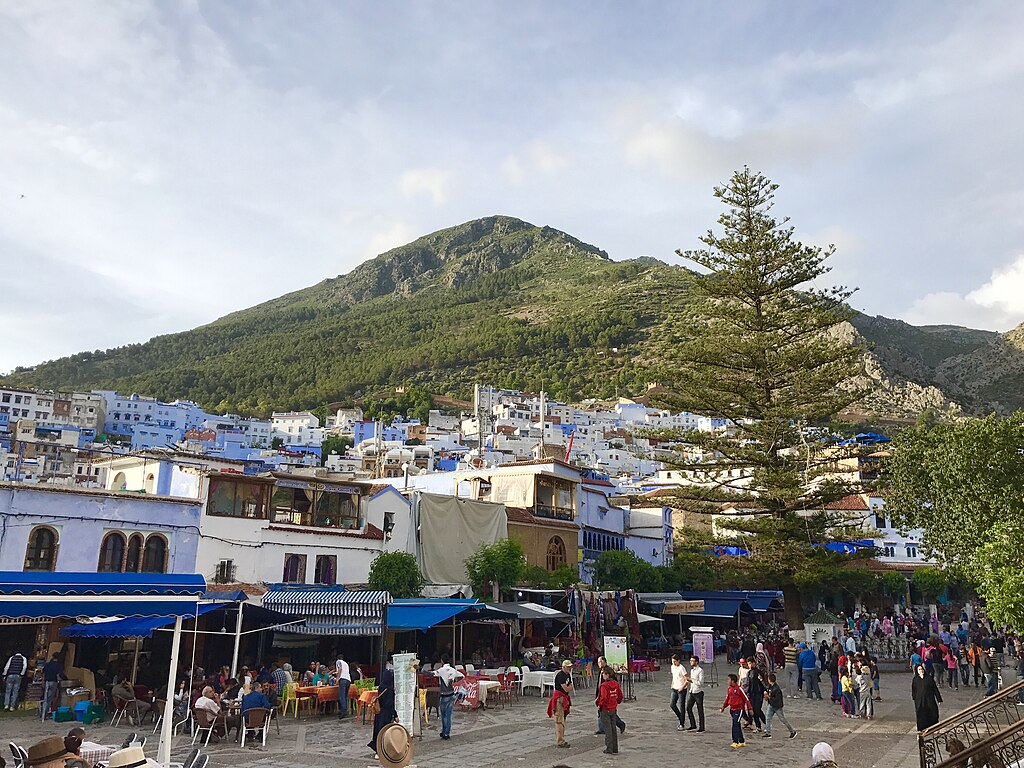
1. Egypt: Cultural Riches Shadowed by Safety Concerns
No country rivals Egypt in historic appeal, but the country remains at a Level 3 advisory due to terrorism threats as well as politically restrictive environments and high rates of sexual violence. It’s an especially challenging destination for solo female travelers, says Medjet’s John Gobbels, who cites cultural expectations placed on women, as well as the risk of harassment. Travelers should know the local emergency number-122-and basic Arabic for “stop” and “help.”
Morocco provides a safer way of seeing North Africa, with vibrant medinas, snowy peaks, deserts, and beaches. The “blue city” of Chefchaouen and the busy souks of Marrakech are teeming with culture without the heightened security risks associated with Egypt.
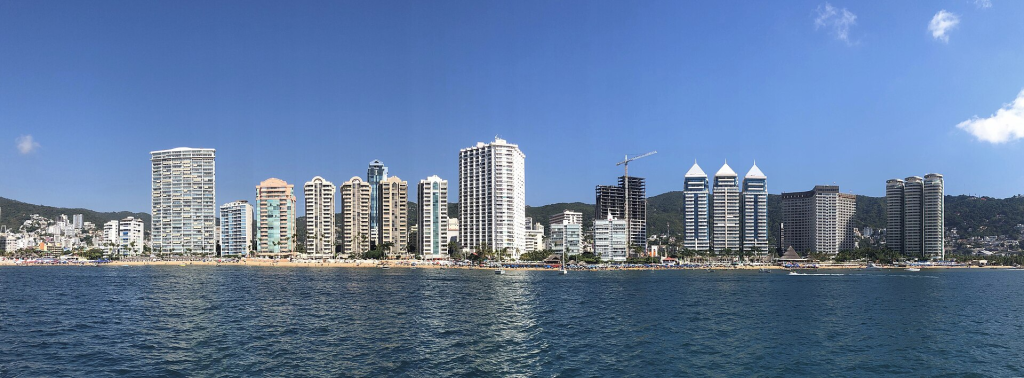
2. Mexico: Cartel Violence Edges Closer to Tourist Areas
Travel warnings to Mexico now vary state by state, underscoring sharp contrasts in safety: the state of Guerrero, home to Acapulco, has been rated Level 4 for gang war, kidnappings, and open criminal activity; even Cancún and Tulum saw cartel-related incidents.
There are plenty of safer alternatives in Mexico. For example, Mérida is on the Gulf side of the Yucatán and compares with many of the safest cities anywhere. Mérida’s colonial architecture, nearby Mayan ruins, and cenotes offer culture and adventure at far lower levels of crime.
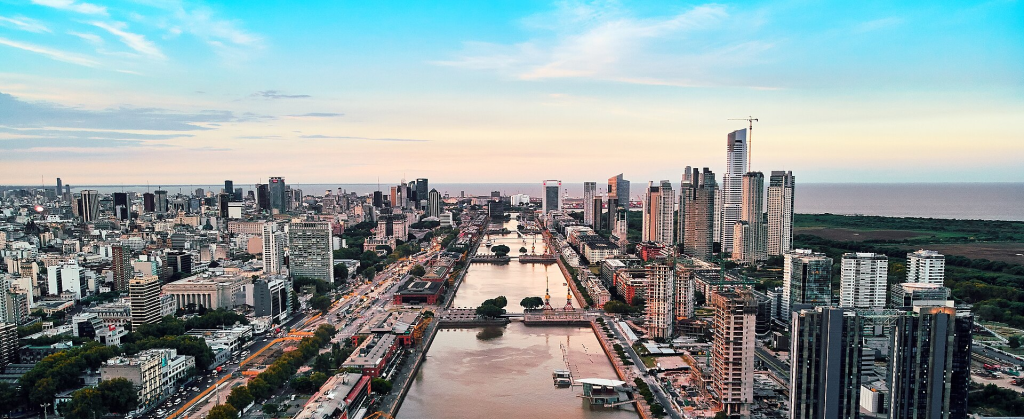
3. Brasil: Carnival’s Color Masks Urban Crime
Most of the cities in Brazil are prone to armed robberies, assaults, and gang activities. These are more likely to happen at events such as Carnival or other major events. Gobbels adds that even famous beaches like Ipanema are nevertheless still vulnerable to water pollution despite clean-up efforts.
From the cosmopolitan vibe of Buenos Aires to the wild beauty of Patagonia and coastal escapes, Level 1-rated Argentina has it all without the high rates of urban crime present in Brazil.
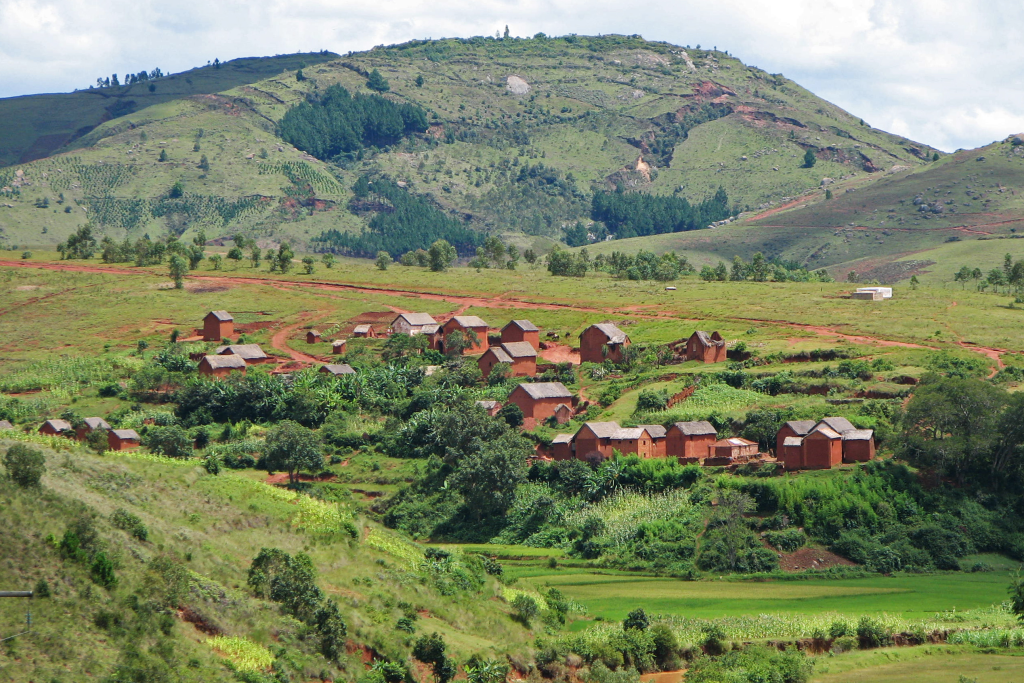
4. Madagascar: Natural Wonders Amid Rising Robbery
World-class beaches and biodiversity contrast with widespread poverty and a lack of infrastructure, which contribute to muggings, political protests, and violent highway robberies. The State Department advises against traveling between cities after dark.
Mauritius is a Level 1 island country lying east of Madagascar. This beautiful island boasts better infrastructure, pristine beaches, and vibrant marine life; thus, it is safer to explore the Indian Ocean.
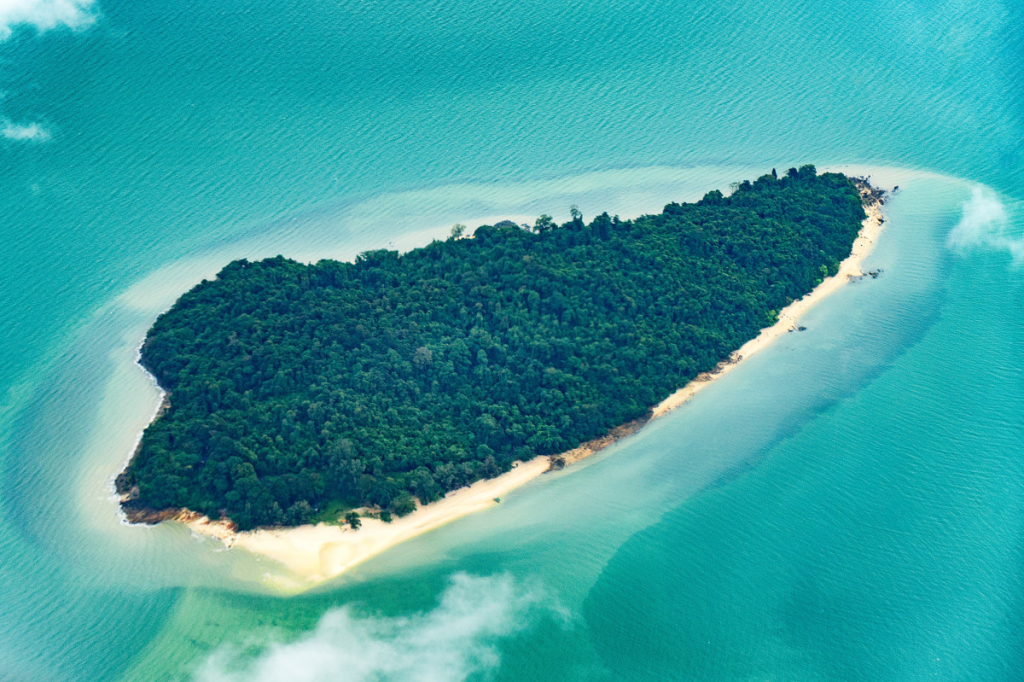
5. Philippines: Idyllic Islands with Regional Dangers
Although generally speaking, most of the Philippines are safe, kidnappings and acts of terrorism continue to plague the southern parts in Mindanao and the Sulu Archipelago. Manila is not immune to a surge in violent crimes and road mishaps. Malaysia offers similar tropical beauty with much lower levels of crime. Its rainforests, wildlife, and multicultural cities-like Kuala Lumpur-offer a safe Southeast Asian vacation destination.
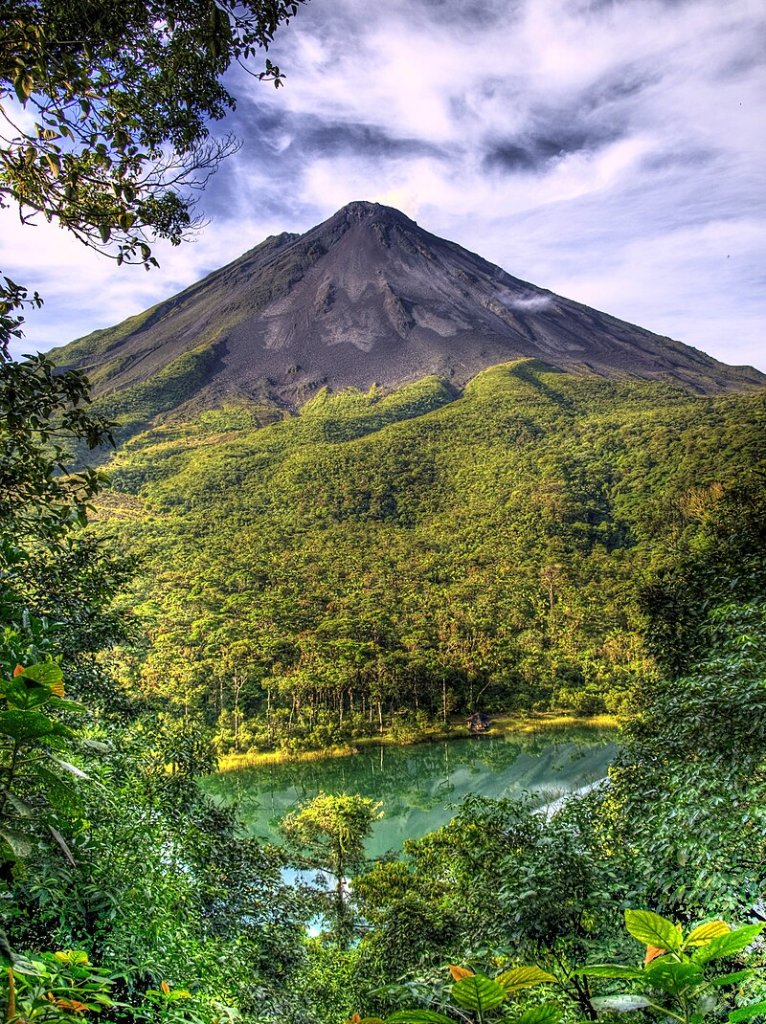
6. Guatemala: Adventure Meets Elevated Crime
Both Level 3 and 4 advisories for gang violence, armed robbery, and drug trafficking dampen the colonial charm and volcanic landscapes of Guatemala. The strong currents around its Pacific coast add to the perils. Costa Rica has stable politics, teeming rainforests, volcanoes, and world-class surfing-but no high crime rates.
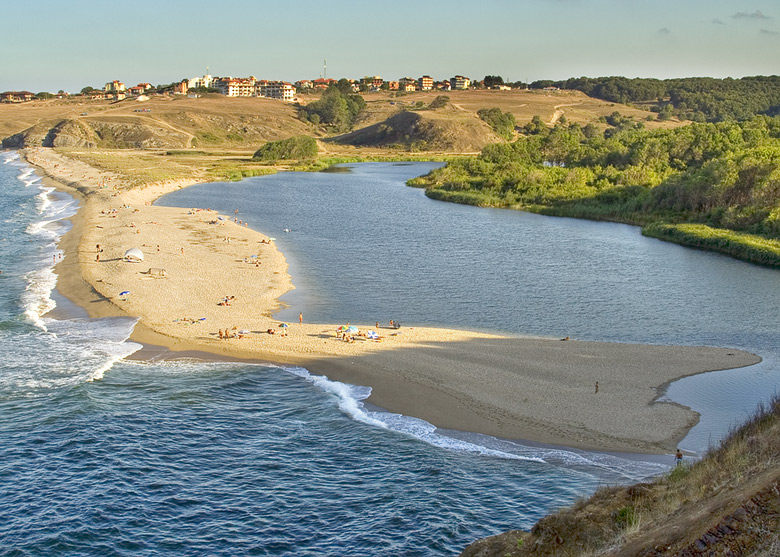
7. Russia: Political Tensions & Detention Risks
Russia has a Level 4 warning for its war in Ukraine, arbitrary detention of foreigners, and limited U.S. consular support. And the list of sanctions means even simple money transactions are difficult, with many restricted and U.S. cards inoperable. Bulgaria is Level 1, sharing some of that same Slavic flavor but little of the risk, featuring castles and mountain adventures and Black Sea beaches.
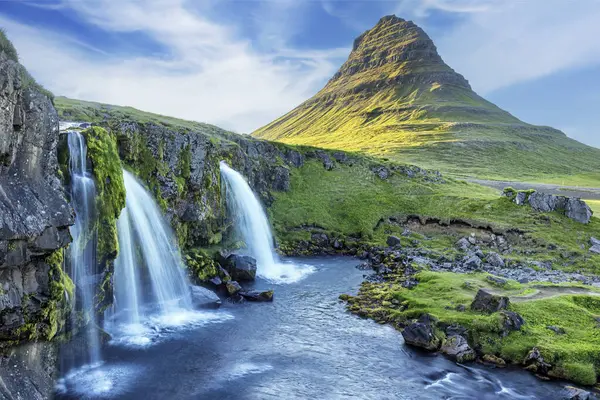
8. Iceland: Volcanic Activity Disrupts Tourism
Despite low crime, recent eruptions in Iceland closer to Reykjavik have shut major attractions such as the Blue Lagoon. The real dangers of volcanic tourism make travel insurance a must. Finland matches Iceland for safety but also offers northern lights in Lapland, reindeer encounters, and serene lakes-without the threat of sudden eruptions.
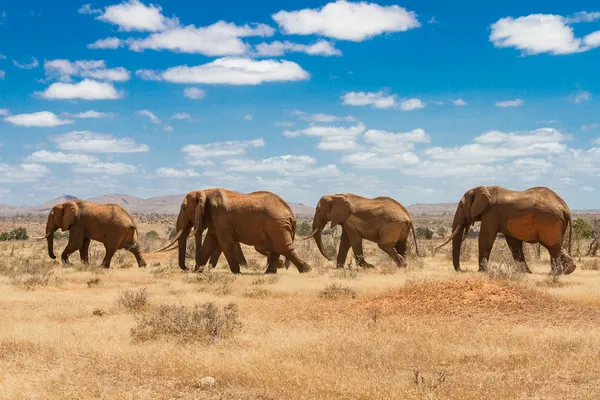
9. Kenya: Safari Dreams with Security Challenges
The wildlife of Kenya lures tourists from every part of the world, yet other areas involve Level 4 risks for terrorism, kidnapping, and violent crime. Border areas with Somalia and parts of Nairobi can be quite risky to travel through. From walking safaris to unspoiled landscapes and Victoria Falls, Zambia has it all combined with a Level 1 rating.
Traveling in 2025 requires more than a bucket list; rather, it calls for a safety checklist. Swapping high-risk destinations for their safer alternatives, travelers can get a taste of different cultures, see breathtaking landscapes, and go on unparalleled adventure with no compromise on security. In a world where conditions can change overnight, being informed is ultimately the leading travel accessory.


